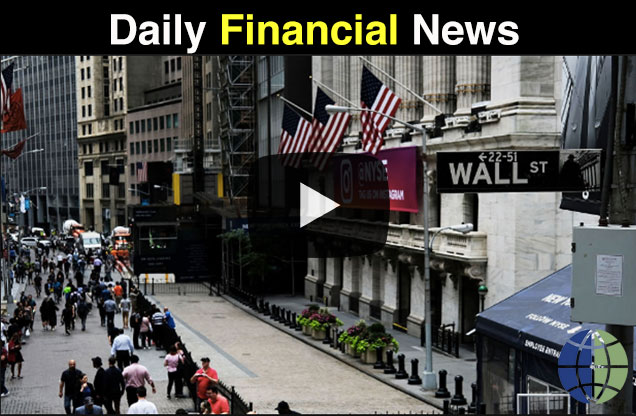The huge forex market has several types of participants that vary considerably in their trading size, activity level and in their motivations for making foreign exchange transactions.
These players range from the major banks and financial institutions that act as market makers in the Interbank forex market to the small personal traders who speculate online through retail forex brokers.
The sections below discuss the main kinds of forex market participants, as well as why they typically get involved in trading forex.
Read our Previous Article: When and Where Forex is Traded
Financial Institutions
The largest players in the foreign exchange market with respect to the volume transacted are major financial institutions like international commercial and investment banks.
Overall, they account for more than 60% of all forex deals, and they deal and make markets to each other and to clients primarily in the Over the Counter Interbank forex market.
The professional forex dealers who work for these institutions make trades on behalf of their employers, often also handling forex business and orders for the customers of the bank.
International Corporations
Large corporations doing business across international borders often have to take part in the forex market for a variety of commercial reasons, and they form a strong customer base for the financial institutions acting as forex market makers.
Sometimes they make international acquisitions, need to bring back profits from a foreign subsidiary to their domestic head office or purchase their raw materials from an overseas source.
The forex activities of corporations tend to fall into the category of hedging in which they aim to protect themselves against adverse foreign exchange rate movements with spot, forward and currency options transactions, as appropriate.
Fund Managers
These professional forex traders tend to fall into two main groups:
The first group includes hedge fund managers who speculate on forex movements.
The second group consists of investment fund managers that often require forex transactions to either make an investment denominated in a currency other than their own base currency or to repatriate the currency resulting from closing out such a foreign investment.
Central Banks
The central banks of major nations can take more or less active roles in managing their country’s currency, depending on their exchange rate policies.
They can intervene in the currency market directly and publically, adjust reserves quietly or change benchmark interest rates. Due to their large size and official importance, all of these actions can influence the forex market substantially.
Often, their public involvement in the forex market occurs at times of extreme movements for smoothing purposes to help maintain an orderly market or when substantial under or overvaluations in their national currency exist relative to historical rates.
Interbank Forex Brokers
In general, these professional forex market participants will act as intermediaries between Interbank forex traders working at major financial institutions.
They feature the ability to obtain optimal pricing for clients in the currency pairs for which they provide such broking services, and they profit by charging their clients a small commission on every trade.
Online Retail Forex Brokers
These forex brokers take deposits from their clients and allow them to trade forex on margin via online trading platforms. Most of their business comes from personal forex speculators.
They often profit by charging a commission on trades or by widening the bid/offer spread.
Individuals
Wealthy individuals have been able to trade forex through banks and futures exchanges for years, but forex trading has only recently become available to a much wider audience via online retail forex brokers.
Although some individuals might require foreign currency for commercial transactions, most are involved in speculating on foreign exchange rates for profit.
Read Next: Understanding Reserve Currency


